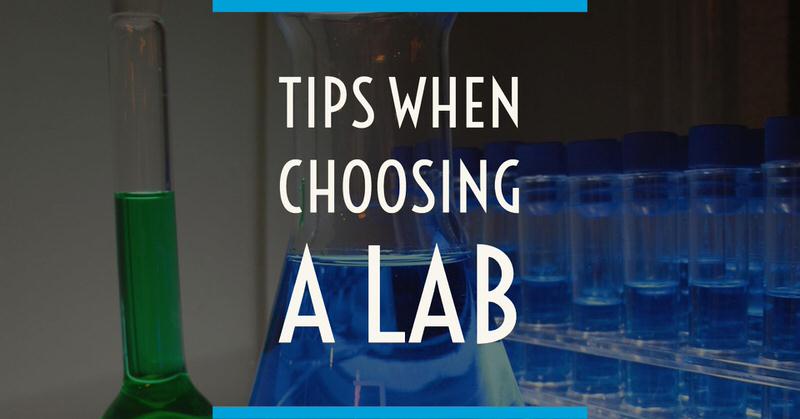The Career Series: 5 Tips When Choosing a Lab

There are a few important things to consider when choosing the lab where you are going to do it. These things will impact how happy and productive you can be during your time as a Ph.D. or postdoc.

Have A Game Plan
This advice comes from Louis Lapierre who is now a tenure-track professor at Brown University. It is something I failed to do as a P.h.D student and postdoc. Maybe that’s why I am no longer in academia and Louis is a professor. He advises that you choose a subject that not only interests you, but is likely to attract a decent amount of funding in the short to medium term i.e. something that both governments and pharma companies are interested in. This is a hard one.
Brain disease research is popular right now, but does that mean it will be in five years time? As Louis admits, it doesn’t matter how strategic you are, there is still an element of luck, but it helps if you are informed about what is getting funding right now and what is on your government’s health priority list.

Do you want a small, medium or large lab?
There is a big difference in how you will fit in as a Ph.D. student in a small lab with only one other Ph.D. student or a large lab with 40 Ph.D. students and postdocs. You need to decide which of those experiences you want. In a small lab, your PI will have more time to help you and give you advice. However, this may also mean that your PI is more likely to be breathing down your neck and micro-managing you. Also smaller labs are more susceptible to funding issues and are less likely to have a lot of grants – if they did, they probably wouldn’t still be small. On the flip side, in a large lab, it is easy to get lost.
Your PI might not be there very often and will be stretched by having to offer mentorship to 10, 20, 30 or more people and so won’t have much time or energy to devote to your project. That may not matter if there are postdocs in the lab who can help you, but you need to work that out before you sign up.
Also there may be competition among trainees in big labs. Make sure you ask current lab members what it is like to work there. Benefits are that large labs usually have a lot of money, the PI usually has a recognizable name and that will really help you when you apply for your own grants and fellowships. Likewise, the more prestigious the university or institution, the more likely your grants are to get funded. Not fair, but that’s the way the system works.

Ask current lab members if they like their boss and their lab.
There’s no polite way to do this but it is the most important question you can ask. If no one in the lab is happy, if everyone is expected to work 100 hour weeks and three trainees are put on the same project and told to compete, you will be miserable. You need to know that before you start.
On the other hand if your boss is never there, but some of the senior postdocs are excellent mentors and there is a great lab culture with social events, you could thrive. It’s almost impossible to tell this sort of thing by looking at a lab’s publication and funding record.
Ask About Funding
Ask your prospective PI or lab members about current funding. It is hard working in a lab where you can’t order the reagents you need and you need to make everything from scratch and you have to choose which experiments to do because you can’t afford them all. It takes you longer to produce data and you can’t always get the data you want. Sure, it makes you more creative but may be to the detriment of your project.

Do you want to live in that city?
A Ph.D. or postdoc takes three to five years or longer. It may be the best lab in the world, but if it’s in a city you don’t want to live in, particularly if you have a family or a partner and your partner can’t get a job there, then you may not want to choose that lab.
If you have any other tips or ideas on how to choose a Ph.D. lab, please add in the comment section below.
T his article was originally posted on the Life Science Network and was written by Leah Cannon, a Career Advisory Council member at the Graduate School of Biomedical Sciences and the content editor for Life Science Network.
his article was originally posted on the Life Science Network and was written by Leah Cannon, a Career Advisory Council member at the Graduate School of Biomedical Sciences and the content editor for Life Science Network.

